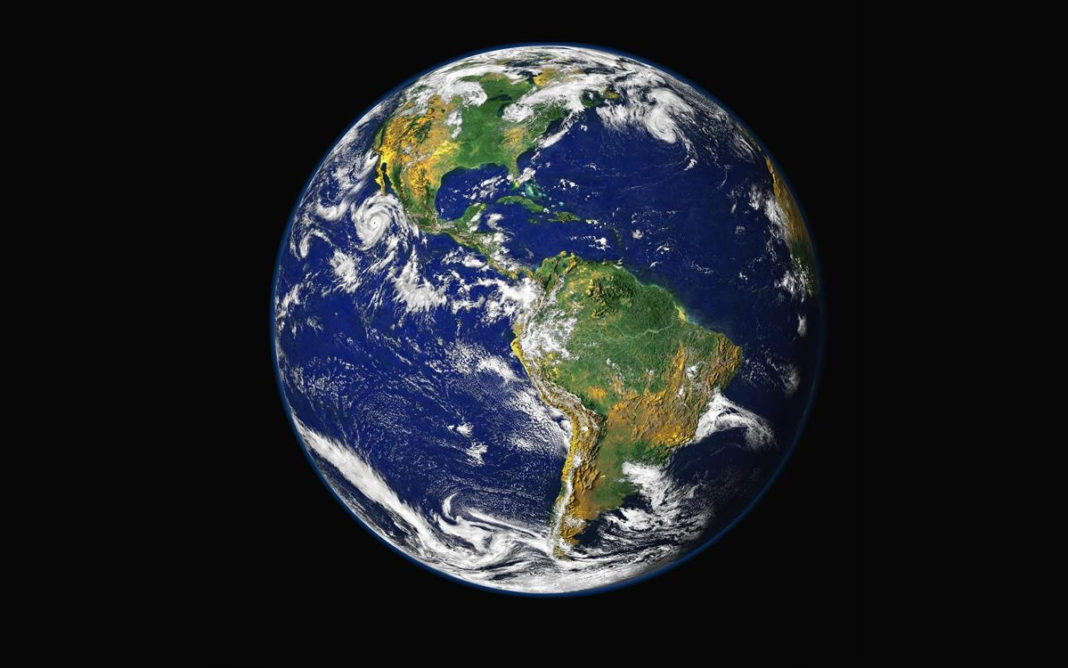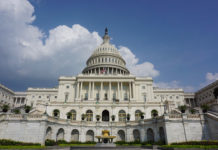Existential. It is the word of the hour and, like all trendy words, soon to be overused.
But at this juncture, somewhere amid multiple threats to our wellbeing, let’s allow its use.
For as long as I can recall, warning signs have been popping up as sort of Earth’s “Breaking News,” telling us to stop hoarding our natural resources or pay the price.
Duck hunters have seen allowable takes decrease. Fishermen have seen species become less plentiful. And divers have watched the vibrant reef turn gray. Wetlands became a dumping ground for old refrigerators and oceans now hold immense loads of plastics. And underneath the planet’s top layers, the rush for black gold has dumped centuries of unfiltered carbon back into the atmosphere.
We certainly noticed all of this along the way but always easily dug into the excuse that we had a God-given right to nature’s riches in order to grease our economic prowess.
Enter the existential threat.
Think of Father Time checking in on Mother Earth and it becomes all too obvious what our foolishness has wrought.
Ten years ago I can remember telling family and friends we were in danger of ending life as we know it by overtaxing the Earth’s capacity to keep up with our ambitions. At the time, the sign was over-pollination, with dwindling bee populations. Our reality then was easily detectable by an increase in sinus med commercials that corresponded to a rise in respiratory issues. While human suffocation began to unfold, noticeable levels of cancer were increasing around and near chemical plants and refineries. Where ground water was contaminated, young people in schools were developing chronic illnesses.
Within this corridor of health concerns, more global impacts were waiting in the wings of climate change — weather, tides and earth scorching, with tremors occurring near where fracking was introduced.
All of these blatant warning signs were there but ignored, because we valued something more than our existence and now we face an existential threat.
I have been using this space to discuss ways we can sustain environmental assets to better our state of vulnerability with sea level rise. It may be common sense to know that reef protection, beach renourishment, mangrove health and removal of man-made barriers to allow nature more breathing room are important.
We are all Earth’s creatures and we now see we are more connected to the future of our planet than we ever imagined.
While we are locked in isolation, this may be the perfect opportunity to address what we can do to reorder our natural relationships. We need to quit deciding everything in political terms. Saving the Earth isn’t negotiable. Unbridled ecosystem degradation needs to be reconsidered. Environmental and health priorities need to come first. We no longer can afford to act the role of adolescents, hellbent on doing whatever we want, no matter the consequences. We have soiled our playground and now everyone needs to play a part in cleaning up our game and getting right with Mother Earth.
Actually, we are the existential threat and only we have the means to do what is necessary to survive.



























